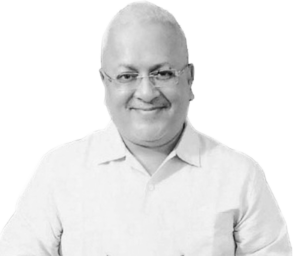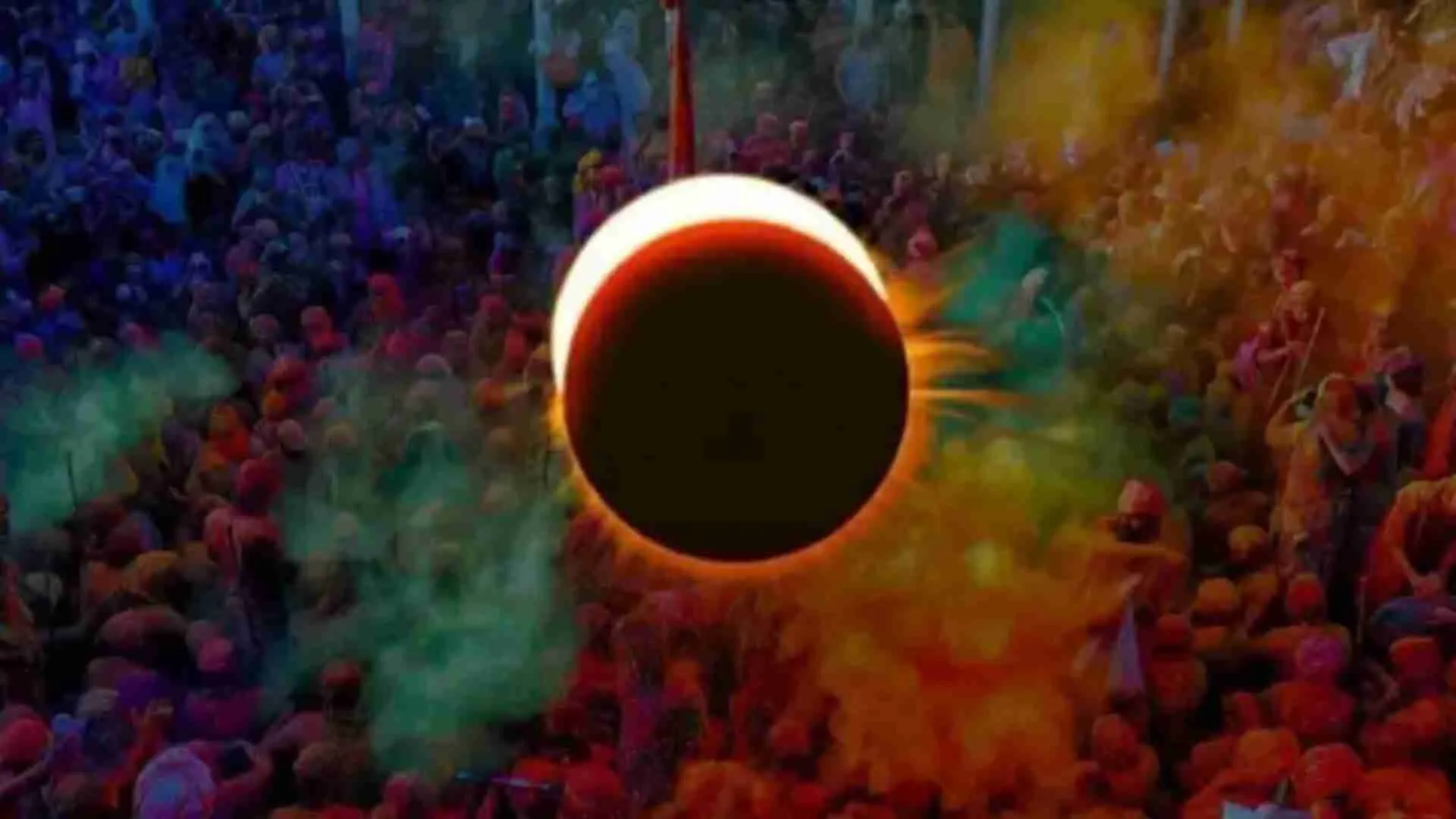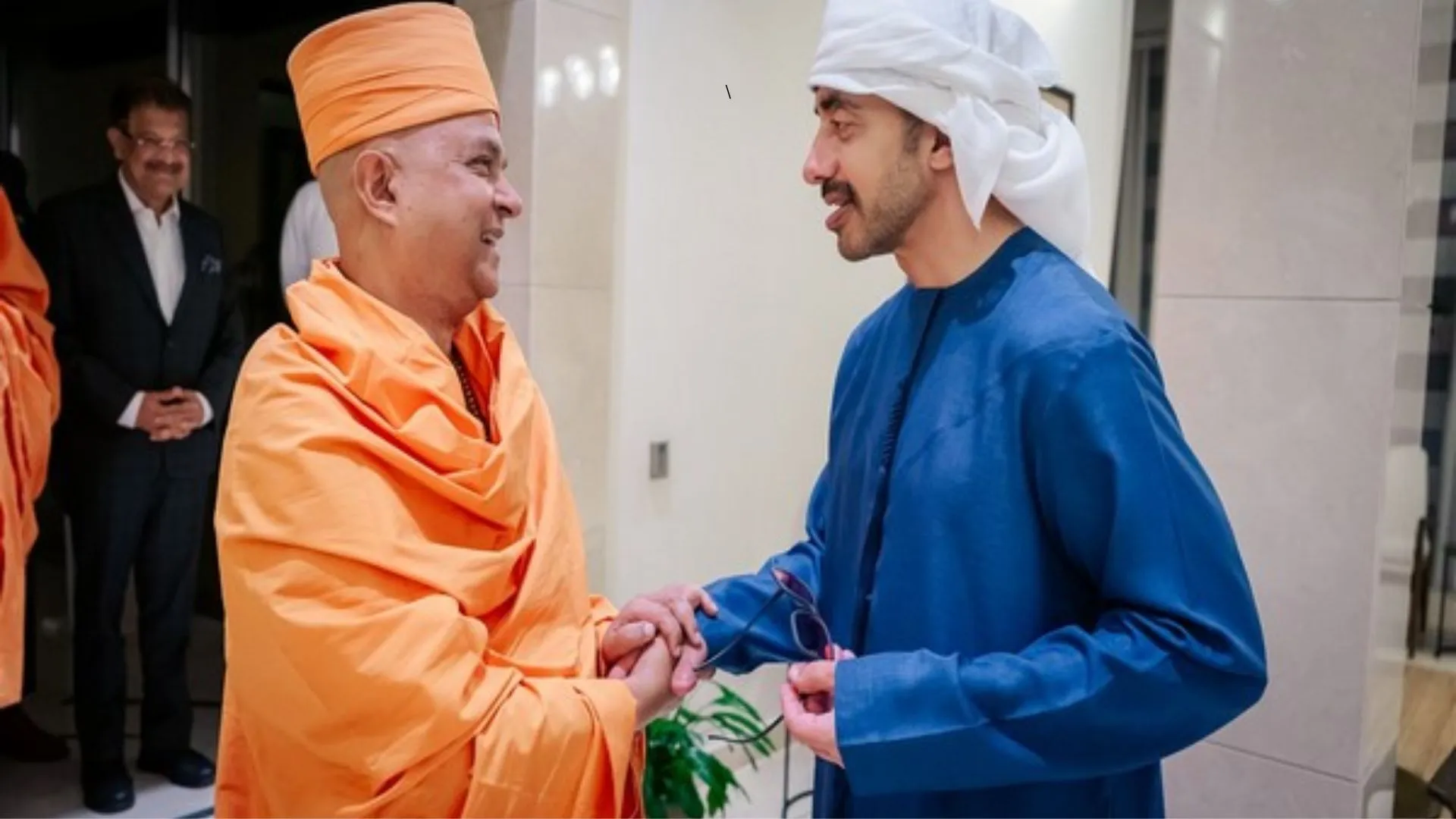Around the spring equinox every year, Hindus celebrate Chaitra Navratri for nine days and nights.
Nav means new, and ratri means the night or, that which transcends darkness and ignorance. Navratri is that which makes us new again. It indicates an opportune time when our actions can cause us to transcend our old self and awaken the joyous light within. The Navratri culminates in Ram Navami, the birth of Rama.
Dashrath is the father of Ram. Dash means ten and rath means chariot or vehicle. So, Dashrath means the chariot or vehicle of ‘ten’.
What are the dash, or ten? These are, the five outer senses- sight, hearing, smell, taste, and touch; the four inner senses i.e., mind, intelligence, mind-stuff and ego (manas, buddhi, chitta and ahamkara); and the tenth, the soul or atman. Rath, the chariot that carries these, is where all the ten reside- our body. Thus, Dashrath is the body.
When Dashrath was a young man, he had shot an arrow towards the sound of what he believed to be an animal drinking water. The arrow had killed a youth, Shravan Kumar. When the body depends only on hearing, it can become deluded. What you hear need not be true, as what you see, also, need not be true all the time. You need to experience beyond hearing and seeing.
This awareness is described as akin to a light. It is the light where our awareness alights momentarily. When we close our eyes, our mind tries to figure out what is going on through listening to sounds. With our eyes closed, we can focus on hearing something by ignoring other sounds. This indicates that our awareness has gone to the source of sound. It is the awareness that, ‘I hear this sound and I can decipher what it is’.
This awareness is different from simply hearing a sound. The hearing of the sound and deciphering of the sound, are two different things. It is the awareness, ‘I know, that I know’. This ‘knowing’ is higher awareness, beyond the body and its senses which detect the world of sensory objects. It is beyond Dashrath.
This higher awareness is the son Ram.
‘Ra’ means the radiance, the shining, or the rays- all these come from the root ‘Ra’. And ‘Ma’ means ‘within me’.
Thus, that light which is shining within me is Rama or Ram. It thus, is the light which dispels ignorance- which dispels all the darkness around.
Dashrath holds Ram. The son of Dashrath is Ram. But Ram isn’t born of Dashrath. He arises out of a powerful Yagya as its prasad shared by the three wives of Dashrath. When Ram is born, the atman, the Brahman, the pure consciousness arises. Ram’s mother is Kaushalya, which means uniquely skilled. He is Maryada Purushottam, the expression of divine consciousness- the embodiment of the atman that skilfully negotiates material existence.
However, when Ram is no more in the body- i.e., when the light is not on the atman, but on attachments and entangled in worldly affairs, we become totally ‘blind’. When Ram leaves Dashrath and goes into the forest, Dashrath becomes blind.
What does this forest mean? It is the material world. The world of form. The world of names. Dashrath, having lost his awareness, is in extreme agony, and ultimately dies of grief.
Often, despite being deep in meditation, we can get caught up in the razzle dazzle of the world- so caught up in our surroundings that we forget our true nature momentarily. This is what Dashrath going blind implies.
At such times, we need to meditate and bring the light back onto the awareness of the real truth. We must regain the light and become established in the centre of our consciousness, Ram, and be at peace eternally.

Deepam Chatterjee is the author of The Millennial Yogi. He can be contacted on deepamchatterjee@yahoo.co.in























